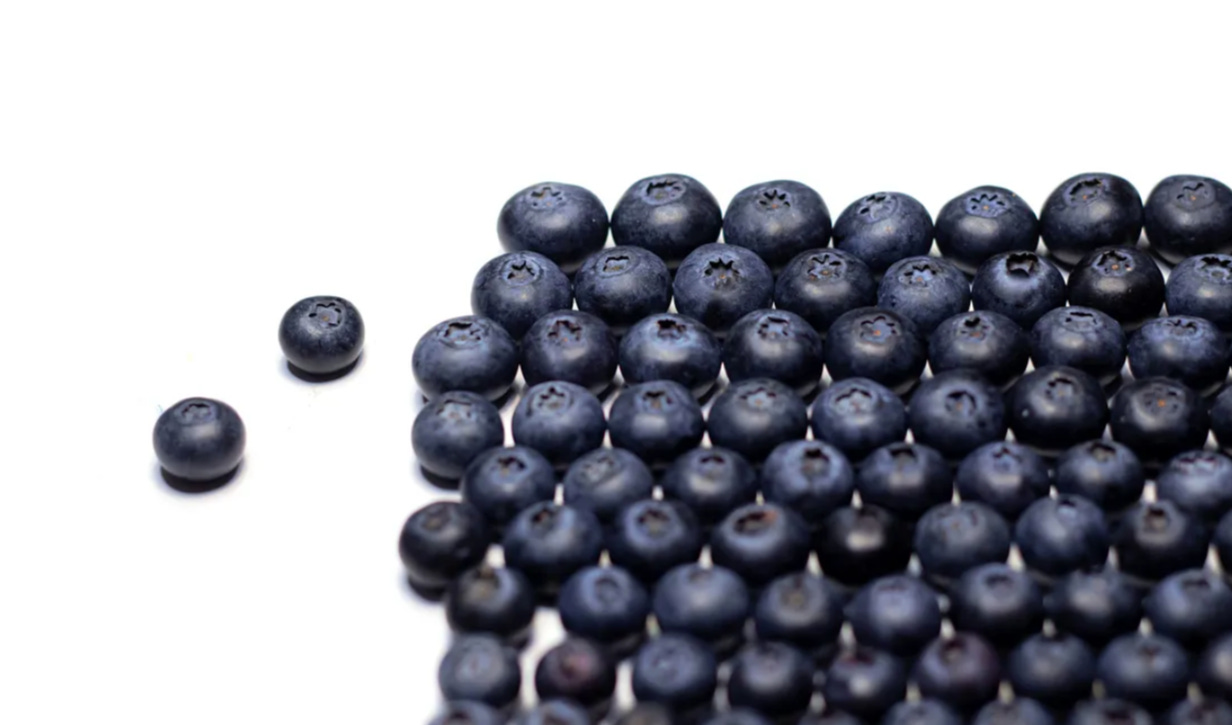This week, our writers offer several excellent, in-depth health and wellness articles, from an analysis of weighted blankets purported to improve sleep to why we should pay living kidney donors. First, I have a very personal tale to share with you…
How I Learned When to Quit, the Really Hard Way
Sometimes we must try things outside our comfort zone. Spread wings, push the limit. But as I learned one fateful day in my mid-20s, lost and alone over the mountains of Northern California, tossed about in a little Cessna by developing thunderstorms, it’s also important to know when to quit, and how to accept failure. In telling this tale of fear and stupidity, I reveal what learned about myself that day, particularly during a moment of sheer panic.
That was also the moment I realized it’s OK to admit when you’re in way over your head, on a path in life that makes no sense given your skill set and temperament. When the endeavor you thought would be enjoyable becomes anything but. It was the moment I realized that sometimes you’ve gotta know when to quit.
—Robert Roy Britt

Why Calorie Counting is Totally Flawed
In nutrition counseling sessions, people often say they're watching their calories but not losing weight, or their blood sugar levels aren't improving. Among the three common reasons, this writer and nutrition scientist tells them: Calorie estimates on labels and on apps are rarely accurate, and the number of calories depends on how foods are prepared, plus one more big wildcard.
Recent science advancements reveal the number of calories absorbed from a food is different depending on how the food is prepared and the biology of the person eating the meal.
—Mandy Willig, PhD, RD
The Tragedy of Older Women’s Invisibility
Beyond a certain age, many women begin to feel unseen, irrelevant, undesirable. This psychologist sees it, in her psychotherapy practice and in her own life outside it, as she herself ages. Here she explains how to remain vital and thrive later in life.
It is startling how assumptions and stereotypes color others' perspective of who I am. Without ever knowing me…. As I age into the realm of invisibility, I hope to learn from the remarkable older women I have encountered. Like in other aspects of life, Baby Boomers are approaching aging from a different vantage point — one of strident non-conformity and a refusal to adhere to tired stereotypes and assumptions.
—Gail Post, Ph.D.
Why We Should Pay Living Kidney Donors
Thousands of people in the US die each year while waiting for a kidney. The list is about 90,000-people long, including some 2,000 children. Most people assume you can only donate a kidney upon your death. Nope. The writer explains how to give one away while you are alive—to save the life of another person—and why she did it.
I didn’t know how rampant kidney failure was until my college-aged son developed chronic kidney disease from a strep infection (yes, you can get kidney disease even from such a common illness). Since then I’ve had a healthy respect for kidneys. You should, too.
—Carol Offen
The Worst Advice We Lonely People Get
Advice to lonely people is predictable and often not helpful. Get out more. Join a club. Make friends. In this detailed personal essay, a neurodivergent writer offers help and hope to others who aren't buying the standard prescriptions for loneliness.
“If you're an introvert or rather sensitive person, perhaps you can relate to the fact that social interaction needs to be in specific forms to be nourishing. Small doses of company, with people who are fellow fans of meaningful conversation beyond small talk — that's my bag.”
—Morgan Khalsa
Are Weighted Blankets Just a Marketing Gimmick?
Weighted blankets seem to be an easy, appealing way to improve sleep. There’s some evidence that suggests they might help, but it’s hard to know how much… weight… to put on the results.
We have encouraging, but not compelling, evidence that weighted blankets can help reduce anxiety and enhance sleep, particularly for individuals on the autism spectrum or with other mental health conditions.
—John Kruse MD, PhD
While I’ve got you here, check out what’s in this week’s Aha! Science Weekly, our sister Substack newsletter:
What Do Dreams Really Mean?
Chimps Apparently Self-Medicate
Wait. People Survived Pompeii?
Fly Through the Pillars of Creation in Stunning New Video
Do Eye Exercises Really Improve Sight?
My Son Really Wants A Puppy. But, Imagine the Downsides!
Earth's Core is Mysteriously Slowing Down
Is My Microwave Nuking Me?
The Debate Debate: Do Biden or Trump Use Performance Enhancing Drugs?
You can subscribe to Aha! Science here. It’s free!
Cheers,
Rob



